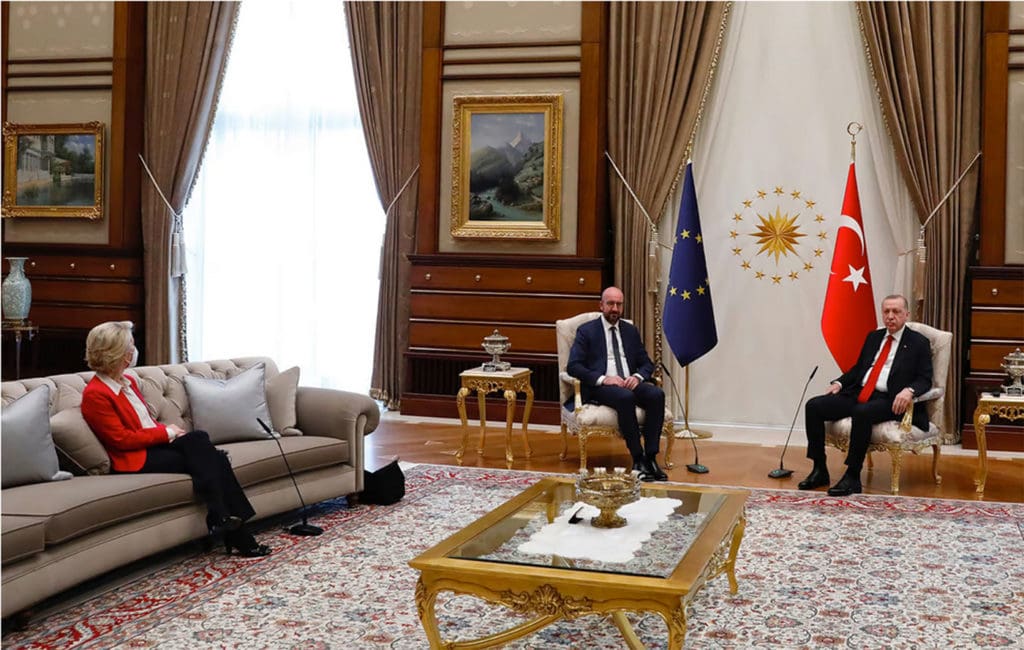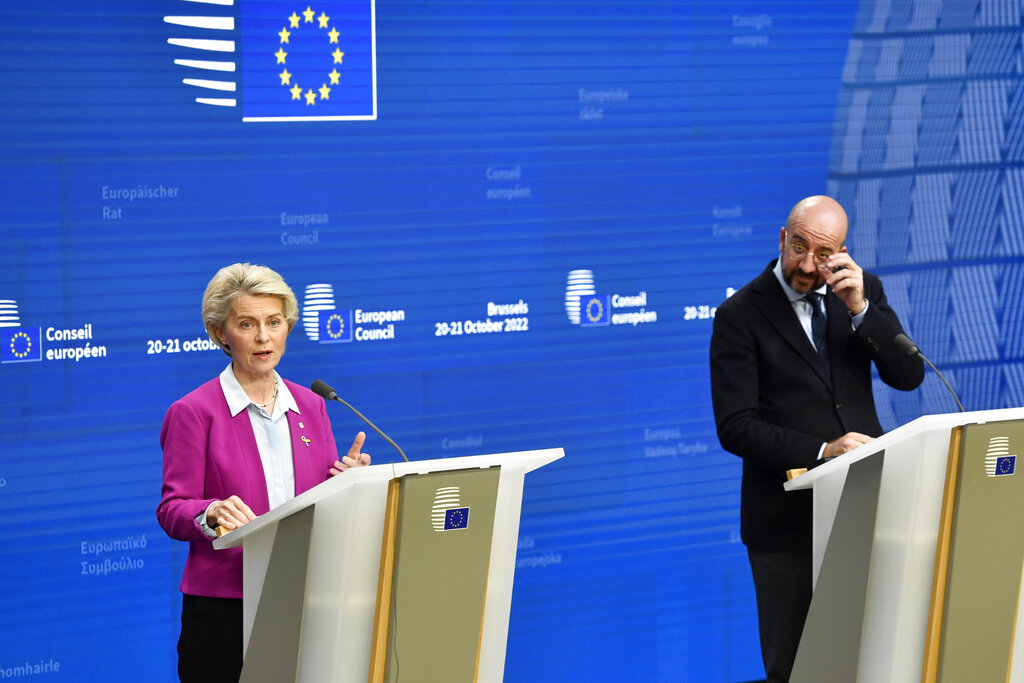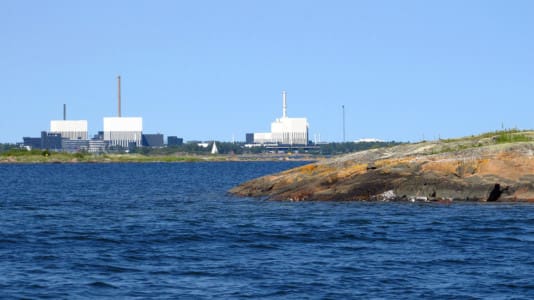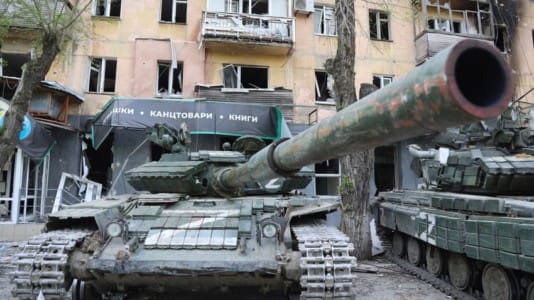The European Union has long been accused of lacking democracy, but the unelected bureaucrats who run Brussels have asserted that only they have the technocratic skills to guide Europe during times of crisis.
The problem with this theory is that even the people assigned to run Europe, European Commission President Ursula von der Leyen and European Council President Charles Michel, are acting like petulant children and, according to a new article from Politico, entitled “Europe’s odd couple: The dysfunctional relationship at the heart of the EU,” are barely speaking to one another.
The personal spat between the two could have widespread diplomatic and legsislative consequences, and going into the G20 meeting next week in Bali, there are no signs that the two have any interest in repairing their deteriorating relationship.
The Politico article by Suzanne Lynch describes how a team of experts and press officers working behind European Commission President Ursula von der Leyen and European Council President Charles Michel have virtually stopped talking to each other, and the leaders have a strange way of excluding each other from meetings with important foreign politicians. Meeting between the two are also “virtually nonexistent,” according to Politico, even in the run-up to large summits.
This dysfunctional relationship is not only bad for the EU’s legislative and political agenda, but also undermines the performance of the EU institutions in the eyes of the world. In Bali, for example, a key side-meeting of the G20 summit will see Xi Jinping, who has just been confirmed as China’s party president, in talks with Michel. Given that the perception of China is quite extreme among EU leaders, it makes a difference who Xi will be talking to and on what subjects. However, von der Leyen will not be at the meeting.
On the domestic front, the lack of communication between the two teams could be having a grace effect on fundamental issues, such as spiraling energy costs. Despite the importance of the matter for Europeans, Politico writes:
“With private channels unused, tensions have spilled out into public ones, especially over the handling of the energy crisis. This week, in a letter seen by Politico, Michel dinged von der Leyen for not coming forward with a proposal for a price cap on natural gas, after national leaders called for one during their October summit.”
This spat goes back to summer this year, in which von der Leyen reportedly refused to allow Michel to attend a meeting with Indian Prime Minister Narendra Modi at the G7 meeting in Germany in June.
According to veteran EU officials who have worked under the presidencies of Jean-Claude Juncker’s Commission and Donald Tusk’s Council, the personal feud has now degenerated into a high-level inter-institutional rivalry. There is virtually no contact between the two sides, even before the crucial summits of heads of state and government. There is also constant rivalry when it comes to negotiating with a serious third party.
The root of the problem: ‘Sofagate’
When the two took their leadership positions in 2019, it all started relatively well. The first embarrassing case happened in April 2021, when Michel and von der Leyen traveled together to Turkey. In President Recep Tayyip Erdoğan’s meeting room — in front of the cameras — Michel sat in the armchair next to the Turkish president’s armchair with the utmost calm, while the awkwardly stumbling von der Leyen was forced to take a seat on the sofa that had been put into the room at the end. This line-up made it clear who the real leader of the EU is.

Later, Ursula von der Leyen said that she was very offended by the scene and even perceived it as sexist. The affair, known as “Sofagate,” or the sofa scandal, came after Michel cancelled one of his usual lunches with von der Leyen on Monday because of a visit by the president of an African state. EU sources note that previously, for example under Juncker and Tusk, the two leaders regularly consulted on a wide range of issues and helped each other by drawing on their previous political contacts. They even worked past their different on certain issues in areas such as migration, according to Politco.
EU officials who have seen the deteriorating situation say both leaders are to blame for the bad relationship. Michel is blamed for his shoddy handling of cases such as the sofa scandal, and von der Leyen for wanting to keep everything under “close control even at the expense of collaboration.”
Politico argues that even though Michel may hold what many see as the more powerful position, von der Leyen is seen as having the upper hand overall due to her close connections with the Washington and close contacts with the Biden administration.
There have been tensions between the top leaders in the past, but in the case of their predecessors, common sense has always prevailed and they both realized it was in their interest to develop a close, well-functioning working relationship, the EU official added.






